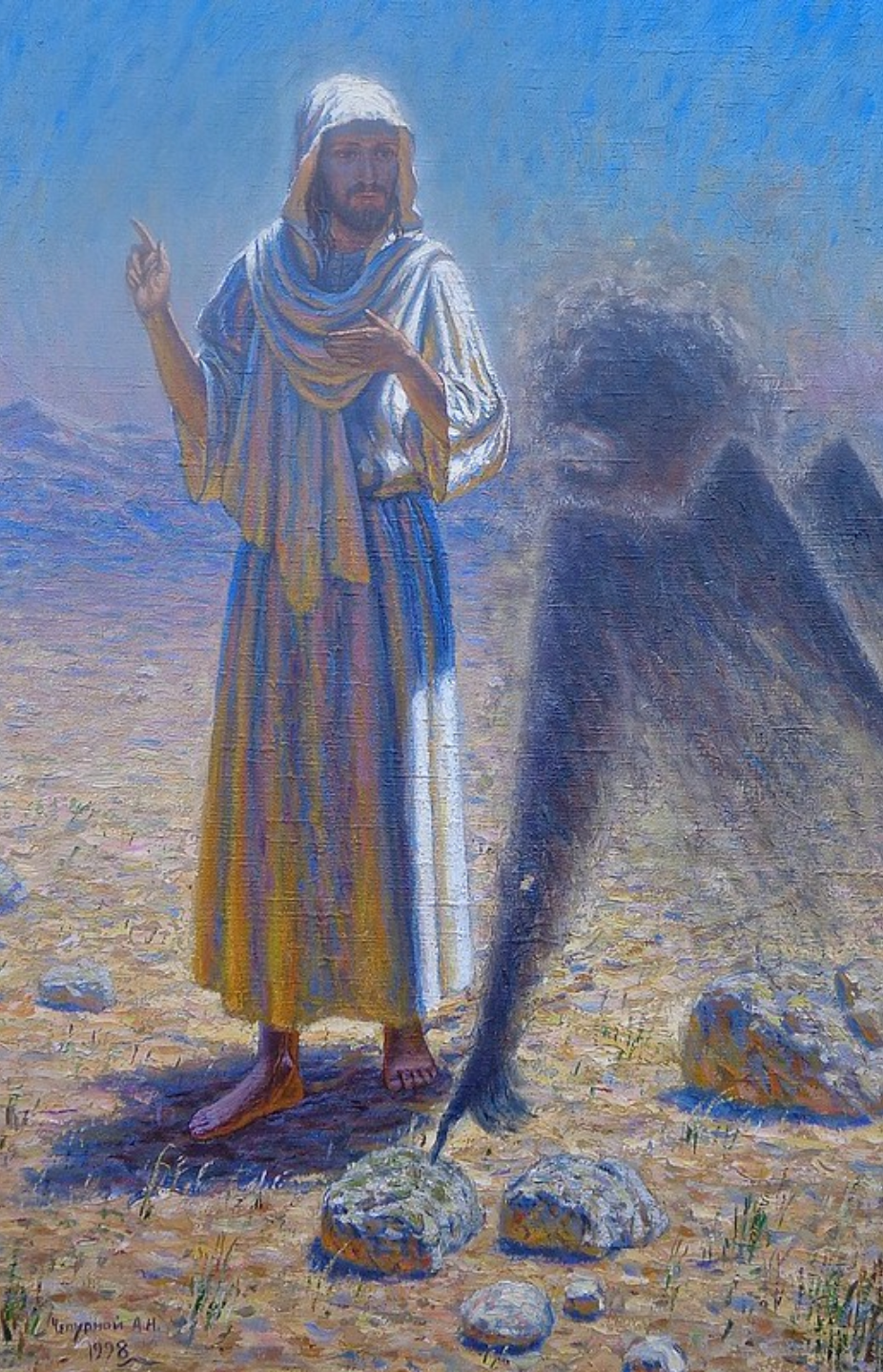Weekly Liturgy : March 17-23
- Simon

- Mar 16, 2025
- 3 min read
Updated: Apr 24, 2025

Luke 13:1-9
NRSV
At that very time there were some present who told Jesus about the Galileans whose blood Pilate had mingled with their sacrifices. He asked them, “Do you think that because these Galileans suffered in this way they were worse sinners than all other Galileans? No, I tell you, but unless you repent you will all perish as they did. Or those eighteen who were killed when the tower of Siloam fell on them—do you think that they were worse offenders than all the other people living in Jerusalem? No, I tell you, but unless you repent you will all perish just as they did.”
Then he told this parable: “A man had a fig tree planted in his vineyard, and he came looking for fruit on it and found none. So he said to the man working the vineyard, ‘See here! For three years I have come looking for fruit on this fig tree, and still I find none. Cut it down! Why should it be wasting the soil?’ He replied, ‘Sir, let it alone for one more year, until I dig around it and put manure on it. If it bears fruit next year, well and good, but if not, you can cut it down.’
REFLECTIONS
Thoughts from Simon:
When something goes wrong, often the knee-jerk reaction is to find someone to blame. Tragically, all too frequently it’s those who have suffered who are scapegoated, accused or blamed. I would guess that most, if not all of our guests would say that this sad reality is their lived experience. They are very often personally blamed for being unsheltered. If the scriptures are anything to go by this is not a recent development in human behavior, or a problem that just afflicts current American society, although social media has certainly made ‘blame culture’ more immediate and powerful. Interestingly no one calls pointing the finger - blame; instead, it’s often dressed up as ‘seeking the truth’ or ‘holding people accountable.’ I would suggest, however, that most times blaming is nothing more than a thinly veiled attempt to backfill a purely emotional response with logic after the fact. Blame is judgementalism, plain and simple. And actually, no one really likes it. It never makes anyone feel better or leads to a positive outcome.
All that said, I am curious as to why then blame is so common, typical. Where does judgementalism really get us? How does it actually move people or situations forward? How is blame an outward mindset? How is sitting in judgement over another non-violent?
In the Christian tradition Jesus shows and teaches that path towards peace and belonging is the way of non-judgement and non-violence. There is no short cut or work around this. Whatever might be said or claimed there is no justification from what that Jesus said or did to blame or judge. Anyone. Ever. Even ourselves.
PRACTICE:
Outward Mindset Application
The next time you find yourself wanting to blame or judge someone else, ask yourself ‘why’? Where does this impulse come from in yourself? What are your real motives for wanting to point the finger?
Non-Violent Communication Question of the Week
When was the last time you blamed someone else for something? What did that feel like? Did that lead to a positive outcome?
Pathways toward Centeredness
In what ways do you blame or judge yourself? How does that look like?
Questions for Reflection
Are there ways in which religion or the bible are used to blame and judge others? Why do you think that is?
“Liturgy” refers to the habits and practices humans use to form community around shared values and meaning. At Church at the Park, we desire to be a community of practice, becoming people who see the world through the eyes of the marginalized, making meaning through the lens of pain and suffering, and committing ourselves to non-violence in a wounded world. This weekly email is intended to provide pathways of practice for becoming the type of people who embody these values.
Many of our reflections on each week's text come from other sources. If you're interested in reading more of what inspires us, here our our two favorite reflections.

Copyright (C) 2023 Church at the Park. All rights reserved.





